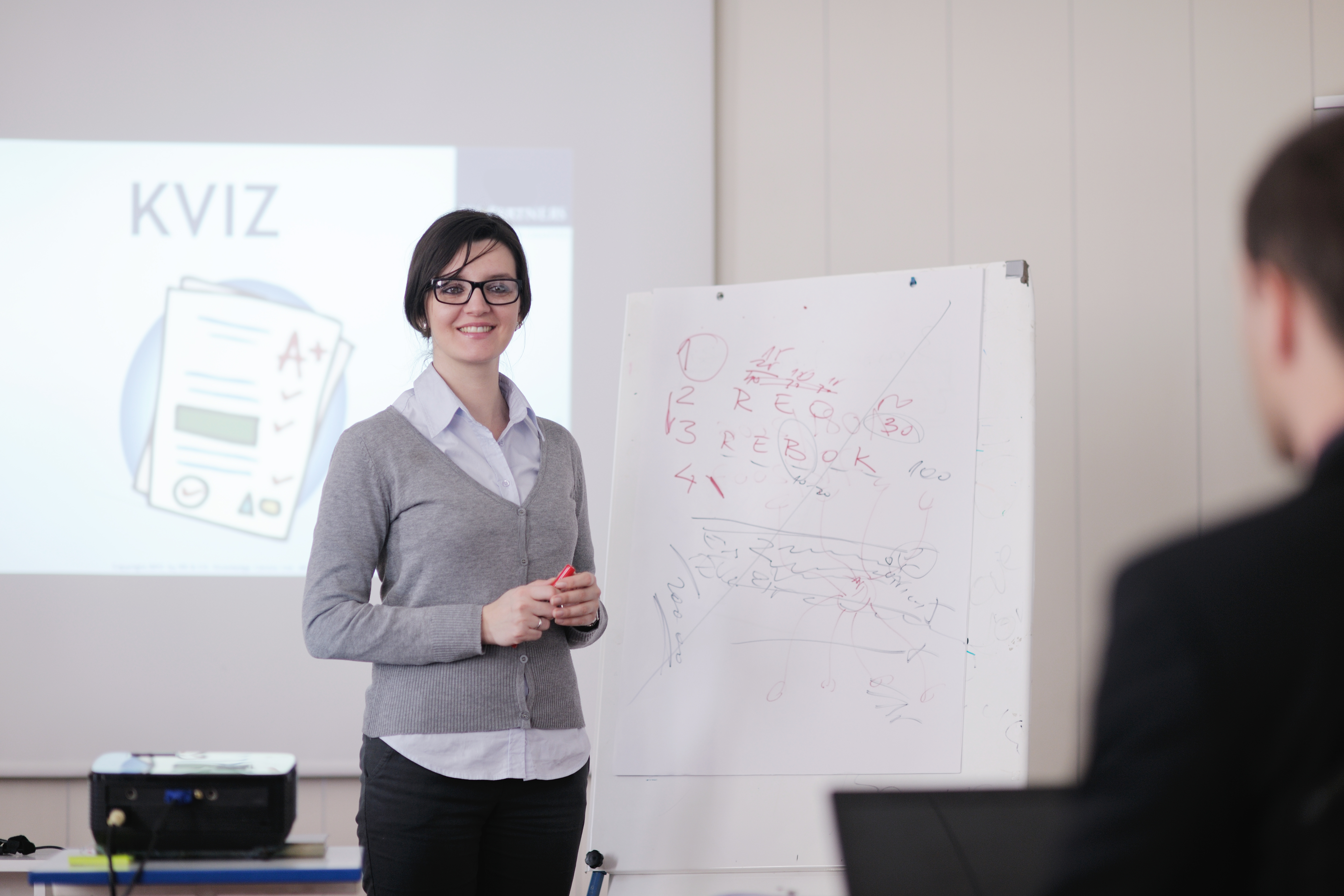Mindfulness, Self-Awareness, and Calm
Powerful Tools for the Effective Leader’s Toolbox
“Training your mind enables you to be a more effective leader, experience greater calm, have more peace of mind, make better decisions, discover what truly matters to you, and find fulfillment in your work and in your life.”
– Maria Gonzalez, MBA – “Mindful Leadership“
A few weeks ago, a coaching client told me about a situation during which she “blew up” at a co-worker during an important meeting. She was upset and acted automatically. Without thinking, she lashed out and said something she immediately regretted. There were other choices, but in that moment she didn’t have a strategy to help herself pause before she reacted.
Have you ever acted out without pausing to consider your actions? There have certainly been times in my own life that I have reacted too quickly and mindlessly.
Situations in which we feel a sense of unbalance or upset are not unusual. This unbalance can show up as a reflexive, quick reaction without taking a moment to identify what’s arising inside, or choosing mindfully how to respond.

In today’s world, there are numerous self-awareness strategies and leadership tools. These can be effective, but sometimes lose their effectiveness. Practicing mindfulness is a way to become more consistently present, aware, and calm during life’s challenges. Mindfulness is a simple life and leadership tool that impacts self-awareness, and can radiate outward in positive, transformative ways.
Jon Kabat-Zinn, PhD, director of the Center for Mindfulness in Medicine at University of Massachusetts Medical School, explains:
“Mindfulness means moment-to-moment, non-judgmental awareness. It is cultivated by refining our capacity to pay attention, intentionally, in the present moment, and then sustaining that attention over time as best we can. In the process, we become more in touch with our life as it is unfolding.”
If you think mindfulness is just a fad, I encourage you to reconsider.
Mindfulness has roots to ancient practices in China and India. Today, mindfulness, in many variations, is a skill gaining rapid acceptance by corporate leaders, health/wellness, education, and other organizational environments. Many workplaces, such as Google, and the U.S. Army, engage in mindfulness training as a strategy to enhance performance. More than 4,000 scientific articles are written on mindfulness (Black 2015 cited in Good 2015).
Just like learning to ride a bike, mindfulness is a skill that can be learned and practiced. Mindfulness is as simple as breathing and yet the more we practice, the more we can positively impact personal and professional life.
Mindfulness is a well-documented and powerful tool to empower oneself with improved self-awareness, calm, productivity, and focus.

Here are a few simple, but powerful, mindfulness strategies that I offer my coaching clients and use myself:
1. Simply pause to take a slow, deep breath – and notice that you are breathing. While doing this, you might say to yourself “breathing in” (as you inhale), “breathing out” (as you exhale). No need to change your breathing, just notice it. This simple approach can be used in many situations, for example, during conflict, before a phone call, at a meeting, when feeling upset, or simply waking up in the morning. Conscious breathing can be noticed for one breath or repeated for a longer period.
2. Begin meetings with a moment of mindfulness. If you are a leader, suggest 60 seconds for people (including yourself) to turn attention to the breath, or another quiet practice that helps to focus and be present. If you are a participant, consider taking 60 seconds on your own for mindful breathing at the start of a meeting or phone call.
3. Develop a daily mindfulness practice. Even a few minutes can make a positive difference. If you want to positively impact others, whether at work or home, it can be helpful to develop your own mindfulness. Lots of resources can help start or deepen current practice. For more information, see the list below, search the Internet, or contact me at www.ileneberns-zare.com. Mindfulness is significant in my own daily life and a topic that emerges often in my coaching, teaching, and speaking work.
4. Consider this question: Whether you are a leader in your workplace, in your personal life, or whether you aspire to become a leader, where do mindfulness, self-awareness, and calm fit in your toolbox?
Mindfulness and Leadership Resources:
- Berns-Zare, I. (2016) The Freedom to Choose a Response: A 7-Step Approach http://ibzlifecoaching.com/
2016/12/freedom-to-choose- response/ - Berns-Zare, I. (2016). Mindfulness, Balance, and Confessions of a Life-Work Coach. http://ibzlifecoaching.com/
2016/11/mindfulness-balance- confessions-lifework-coach/ - Gonzales, M. (2012). Mindful Leadership: The 9 Ways to Self-Awareness, Transforming Yourself, and Inspiring Others. Mississauga, Ontario: Jossey-Bass.
- Good, D.J. et al (2015). Contemplating Mindfulness at Work: An integrative Review. Journal of Management, 42(1), 5-20.
- Kabat-Zinn, J. (2007). Video: Mindfulness with Jon Kabat-Zinn: Kabat-Zinn Leads a Session on Mindfulness at Google. https://www.youtube.
com/watch?v=3nwwKbM_vJc - Kabat-Zinn, J. Retrieved from: http://www.azquotes.com/
quote/594329 - Williams, M. & Penman, D. (2011). Mindfulness: An Eight-Week Plan for Finding Peace in a Frantic World. Rodale Press.
Discovery Coaching Consultation
During this FREE telephone consultation, we become acquainted, explain what coaching is, and mutually establish if we would be a good fit as a coaching team. We discuss your objectives, your current life circumstances, and obstacles you’ve been facing as you strive to reach your most important life goals. Click here to contact Ilene.
In light and empowerment,
Ilene
Please share this blog with anyone who might be interested in reading it!
We would love to hear from you! We are interested in your suggestions for this newsletter, your reactions to this one, or providing more information about coaching.


